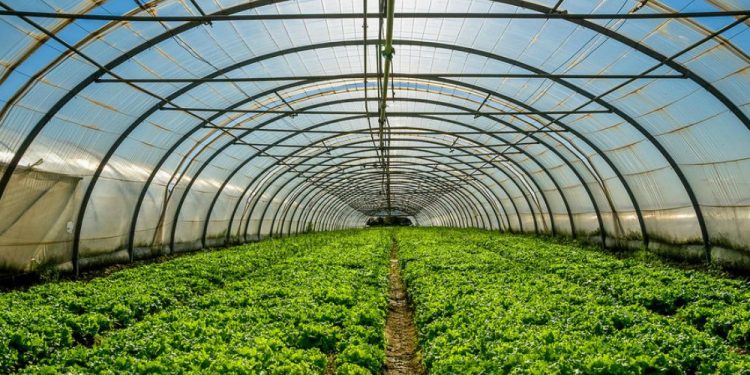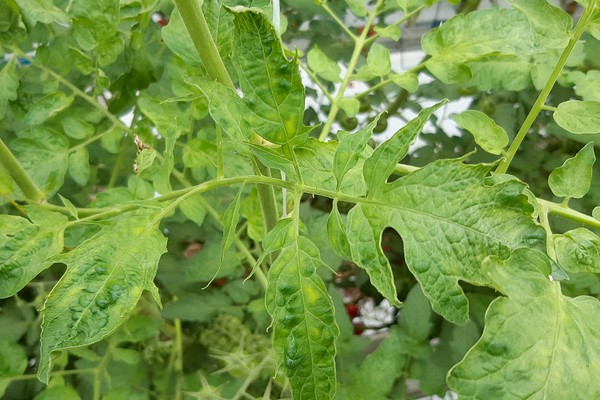#GreenhouseFarming #ClimateChange #Agriculture #SustainableFarming #VegetableSupply #EnvironmentalImpact
Siliguri: With the changing climate, the state Agriculture department is focusing on greenhouse farming to create a favorable environment for agriculture. Rising temperatures have had a significant impact on the agriculture sector, leading to increased vegetable prices. As a result, greenhouses have become essential in mitigating the adverse effects of climate change. The state Agriculture department advises farmers to adopt greenhouse farming practices to ensure consistent crop production.
Partha Roy, Assistant Director of the Agriculture department in Siliguri, stated, “Temperatures have risen drastically, affecting the agriculture sector and causing an increase in vegetable prices. Greenhouses are becoming increasingly important in such situations. Several companies have already constructed large-sized greenhouses, where they cultivate a variety of vegetables in a controlled and favorable atmosphere for farming.”
Environmentalists have predicted a further rise in temperatures and heatwaves due to global warming. Recognizing this challenge, the Agriculture department is taking proactive measures to maintain the vegetable supply through the adoption of greenhouse farming. Greenhouse systems offer significant advantages in controlling and regulating temperature and other environmental factors. They provide a controlled environment that promotes optimal growth conditions for crops.
To encourage farmers to adopt greenhouse farming, the state Horticulture department offers a 50 percent subsidy for setting up greenhouses. According to official estimates, the cost of setting up a greenhouse is approximately Rs 1,040 per square meter. Consequently, the state government covers half of this cost, making greenhouse farming more accessible and affordable for farmers.
Currently, there are four greenhouses in the Siliguri sub-division, located in Naxalbari, Phansidewa, and Rangapani. These greenhouses have proven successful in cultivating high-quality vegetables, some of which are exported abroad. The controlled atmosphere within the greenhouses ensures consistent production, regardless of the external climatic conditions.
The development and widespread adoption of greenhouse farming techniques hold several potential consequences. Firstly, it offers a sustainable solution for ensuring a stable supply of vegetables, even in the face of rising temperatures and unpredictable weather patterns. This stability helps in stabilizing vegetable prices and reduces the impact of climate-related fluctuations.
Moreover, greenhouse farming can contribute to the reduction of water usage and pesticide application. The controlled environment allows for precise water management and targeted pest control, resulting in more efficient resource utilization and minimizing the negative environmental impact.
With the increasing threat of climate change and its adverse effects on agriculture, greenhouse farming has emerged as a crucial strategy for maintaining a stable vegetable supply. The state Agriculture department’s focus on promoting greenhouse farming and providing subsidies demonstrates the government’s commitment to safeguarding the agricultural sector. By embracing this innovative approach, farmers can mitigate the challenges posed by rising temperatures and secure their livelihoods.








